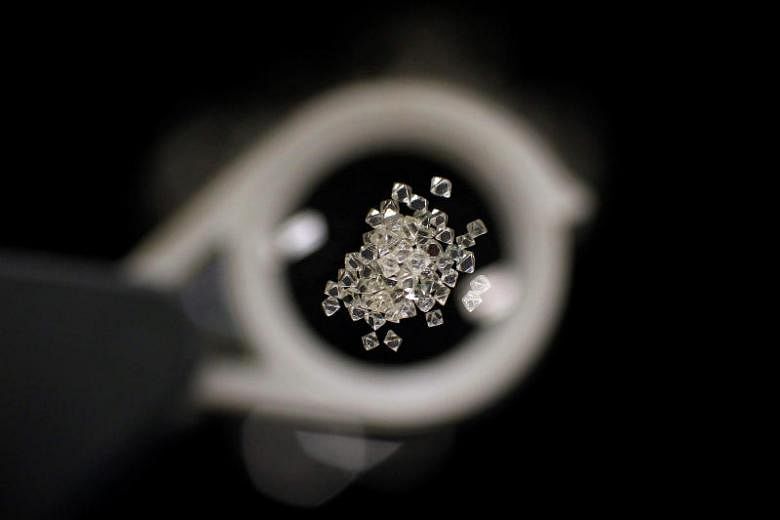SINGAPORE - To close the gap on the use of precious stones and metals for money laundering and terrorism financing, the Government is proposing a new law which is "crucial to combating crime and improving security, both domestically and globally".
In a statement on Thursday (Sept 13), the Ministry of Law (MinLaw) said the portability of precious stones and metals, and the ease of converting their high value into cash put them at an inherent risk for money laundering and terrorism financing.
The ministry said there is already robust supervision of the financial sector for these risks, and designated non-financial sectors, such as pawnbrokers, are also subject to a comprehensive range of anti-money laundering and countering the financing of terrorism measures.
These cover, among other things, prevention, supervision, enforcement and confiscation of proceeds.
But precious stones and metals dealers in Singapore are not subjected to these measures, other than the Cash Transaction Reporting regime introduced in 2014.
To close the gap, mitigate money laundering and terror financing risks, as well as increase trust in such dealers, MinLaw is proposing a new regulatory regime.
The proposed law, developed through an industry survey conducted by the ministry and informal discussions with stakeholders, requires dealers of precious stones and metals to be registered with the ministry.
Other requirements include filing Suspicious Transaction Reports, Cash Transaction Reports and performing Customer Due Diligence for cash transactions over $20,000.
In addition, the dealers of precious stones and metals are required to keep records and conduct internal audits of money laundering and terrorism financing risks.
The ministry is inviting public feedback on the proposed regime, which will run from Thursday to Oct 12.
Mr Suresh Hathiramani, director of diamond wholesaler Facets Singapore, welcomed the move to close the gap.
The past president of the Diamond Exchange of Singapore told The Straits Times: "We have been following global best practices.
"In a sense, we do not deal with just anybody who walks through the door... But this open dialogue will help us learn what level of monitoring is required from us. It will formalise the safeguards."
Based on the database of the Accounting and Corporate Regulatory Authority, the ministry said there are around 2,500 precious stones and metals dealers in 2017.
Such valuable items have featured in various local money laundering cases in the past.
In June 2014, Hong Jingguo, a customer service officer at the call centre of a local bank, used the accounts of two managers at the centre to increase the temporary credit limit of his own credit cards.
He bought gold bars and then immediately sold them for $30,150, which he used for gambling and to settle debts.
Hong was sentenced to 41 months' jail for computer misuse and money laundering.
Similar concerns saw Australia introduce the Anti-Money Laundering and Counter-Terrorism Financing Act in August last year. The law also covers trade in cryptocurrencies.
The Paris-based Financial Action Task Force, which assesses the ability of countries to fight illicit financial flows, had flagged to Australia the risk of pink diamonds being used for money laundering in 2016.
Australia produces 90 per cent of the world's pink diamonds, which can sell for 40 times more than white diamonds.


